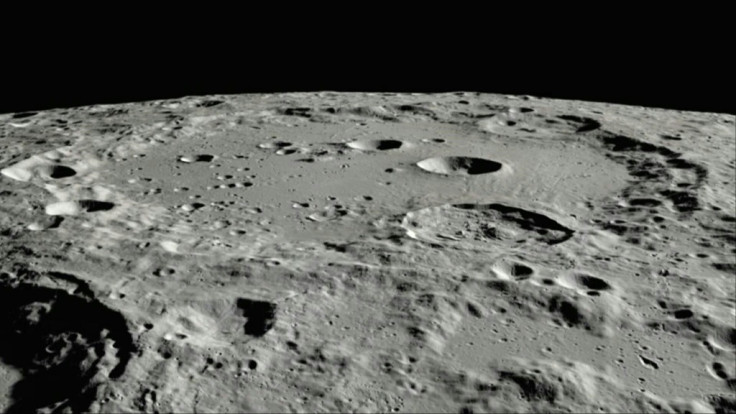NASA posts cryptic tweet that many believe hints at extraterrestrial communication
Given all unfortunate events in 2020, many of its followers speculated that it might have been bad news.
The National Aeronautics and Space Administration (NASA) made a groundbreaking announcement this week when its top researchers reported the presence of water molecules on the lunar surface. Evidently, with its upcoming Artemis program already projected to bring humans back to Earth's neighbouring natural satellite by 2024, the excitement is at an all-time high for those involved. With all that attention on the agency, its latest tweet apparently caused both fear and excitement for those who read it.
What prompted the reaction was a Twitter post from NASA's official account that stated: "PSST... Uh, did anyone hear...that?" Although most did not immediately jump into conclusions, a fair share of people reportedly thought it had something to do with the discovery of intelligent extraterrestrial life. Given all unfortunate events in 2020, many of its followers speculated that it might have been bad news.
PSST… Uh, did anyone hear…that? 🗣ï¸ðŸ‘‚
— NASA (@NASA) October 28, 2020
It was immediately followed by posts from other official accounts affiliated with the agency. One such message was from NASA Earth which wrote: "Hmmm... From here at home we've just been hearing a lot of creaks and distant crackling." It then started to become clear that the original post was just ruse after its other outlets responded. "Did It sound intergalactic, planetary? If it's loud and pulsating, we blame Jupiter...," according to NASA Solar System.
The Mars Insight lander Twitter account continued: "It sounded like something kind of eerie and otherworldly... unlike anything I've ever heard..." Finally, a post from Chandra Observatory said: "According to my data and calculations, I am in fact also hearing sounds." Eventually, SoundCloud's account shared a link to a curated playlist titled "sinister sounds of the solar system."
"You've heard the creaks, cracks, and cackling noises of our universe before. Using data from our spacecraft, our scientists gathered NEW sinister sounds from the depths of space in time for Halloween," read the description.
When everything was finally explained, it drew mixed reactions from those who were initially deceived by the communication. Others found it amusing and an innovative approach for publicity, while others claim it affects the credibility of future announcements from NASA and its partners.

© Copyright IBTimes 2025. All rights reserved.





















